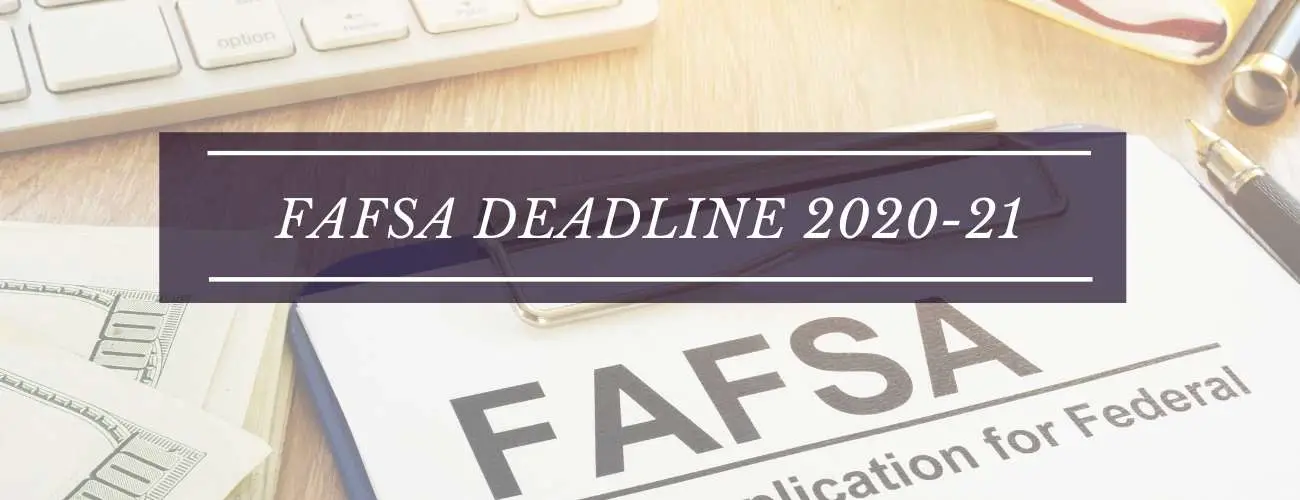Utah State University (USU) Financial Aid and Scholarships
Students Receiving Aid
57%
Total Aid Amount
$105.988M
Financial Aid Official Website
www.usu.edu/finaid/
The university understands that the cost of education is high and as a result, Utah State aims to make the process of attaining education easier for students by conferring upon them different forms of financial aid. These financial aids are based on several factors such as merit, financial needs, family income, and so on. Federal Aid will only be given to students if they prove eligible for it. Filling up the FAFSA form will help the government determine eligibility. The government has also provided an Online Eligibility Checklist that can help students determine their eligibility for federal aid. The university also provides students with its own Financial Aid Checklist which helps them through the process of applying for financial aid. With this in mind, 57% of students receive some form of financial aid. The different forms of financial aid have been tabulated below.
Scholarships
The university offers a variety of scholarships to incoming students. Scholarships provided are divided into two types. Ones that do not require an application form and those that require students to fill up an application form. Academic Scholarships are awarded to students who are exceptionally gifted academically. Different scholarships are provided for incoming as well as current students. We will look at scholarships for incoming students.
No application scholarships
- Presidential Scholarship: The scholarship is given for a duration of 4 years and covers 100% of the student’s tuition and fee. There will be certain criteria that a student has to meet to keep this scholarship.
- Deans Scholarship: The scholarship is awarded for a duration of two years and monetary compensation of $6,371 given per year. The student will have to maintain a certain GPA to retain the scholarship.
- Scholar Scholarship: Awarded for a period of two years the monetary benefit provided with it $4,500 per year.
- Merit Scholarship: The scholarship is given for a period of two years with a monetary benefit of $3,000 per year.
- Provost Scholarship: Awarded for a period of two years, the monetary benefit provided with this scholarship amounts to $5,500 per year. The student must maintain a GPA of 4.0 to continue to be eligible.
Non-academic Scholarships
- Alumni Legacy Non-Resident Waiver
- Ambassador Program
- Alumni Resident Scholarship
- HB144 Utah Nonresident Tuition Exemption Affidavit
Additional details about these scholarships are provided on the University website under the Scholarships tab. Students can also contact the scholarship office through email or phone (435)-797-0173 for more details.
Grants
For a student to be eligible for any federal grant they must fill out the FAFSA (Free Application for Federal Student Aid) form. This form allows the authorities to check for eligibility for the grants. After FAFSA is filed, the student can be considered for a number of Federal Grants. It's important to note that the Utah State University Federal School Code for the FAFSA is 003677.
- Federal Pell Grant: This grant is awarded by the US Department of Education based on Expected Family Contribution (EFC). It’s awarded to students who have not completed their undergraduate studies and who don’t have a degree. The money awarded through this grant does not need to be repaid to the government.
- Federal Supplemental Educational Opportunity Grant (FSEOG): This grant is only awarded to undergraduate students with the lowest EFC. Similar to the Pell Grant, the money awarded here does not need to be repaid to the government.
- Federal TEACH Grants: A Teacher Education Assistance for College and Higher Education (TEACH) has a stark difference as compared to other federal grants. This grant requires you to take certain courses and at the end of graduation, the student has to work in a particular field as stipulated by the grant. If the student meets these requirements, only then will the grant not need to be paid back.
- Iraq and Afghanistan Service Grants: If the student’s guardian or parent has died in the field while being deployed in Iraq or Afghanistan, only then will they be eligible for this grant.
Grants, unlike Student loans, need not be repaid. Grants can be awarded to students from any organization. Further details on these grants are provided on the University website under the Federal Grants Tab.
Student Loans
Student loans are attained by students so that they can comfortably pay for their education. However, unlike grants, student loans need to be repaid with a certain amount of interest. A student will consider loans as a means of financial aid only once they have exhausted all other possibilities. Some examples of loans offered are:
- Federal Direct Loans
- Direct Subsidized Loans
- Direct Unsubsidized Loans
- Private Loans
- Parent PLUS Loans
- Graduate PLUS Loans
- Emergency Loans
It's important to note that alternative loans should only be considered if and when all federally funded loan options are exhausted. All loans are paid back with interest and students must take special note of that as well. Students and parents must study the terms and conditions for the loan they are taking in detail to understand repayment options etc. A detailed explanation of the forms that need to be filled in relation to loans is given on the University Website under the Loans tab.







![Schools That Require the CSS Profile [Complete List for 2021/2022]](https://www.thecollegemonk.com/images/blog/every-school-th56.jpg)

